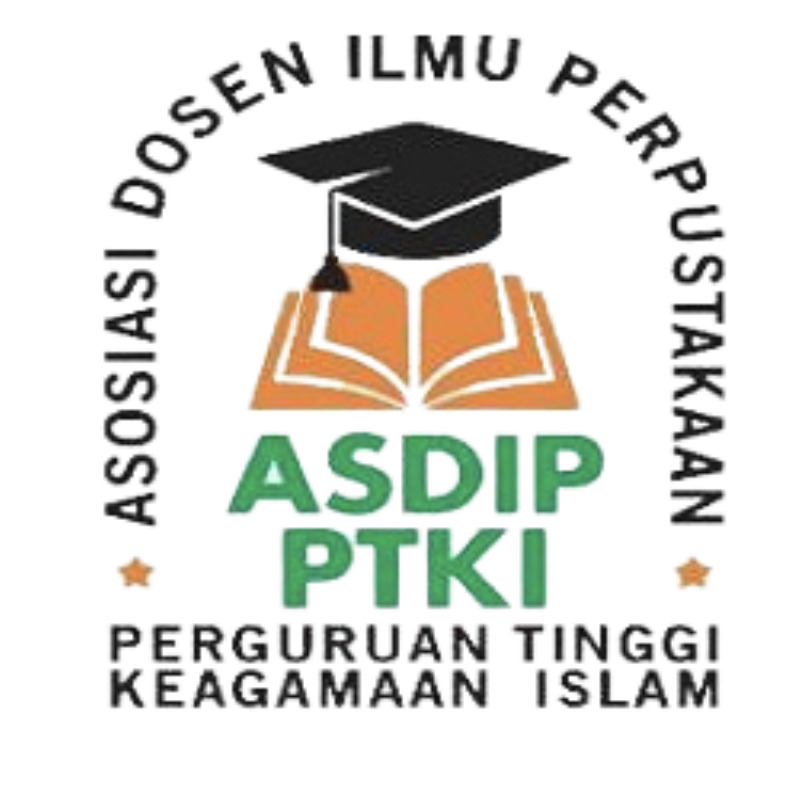Analysis of User Views of the Climate Information System in Indonesia
DOI:
https://doi.org/10.29240/tik.v7i1.6327Keywords:
Climate information system, farmer, surveyAbstract
Climate information is important in decision making. Access to relevant and timely weather information is an important factor in increasing farmers' resilience to climate change. Information systems are considered essential for enhancing the ability of individuals, businesses and governments to adapt to change and climate change. Information users can use the information system to assist in making decisions about management adjustments to climate projections. Climate information should be communicated in languages understood by local farmers and linked directly to farm management decision-making processes to ensure information is timely and usable by small producers. The survey was conducted on the user's level of trust in the climate information system issued by the BMKG. No less than 59 respondents stated that the climate information obtained was very good, accurate and timely, received late, difficult to understand, diverse climate information did not reach all sectors. In order to remain productive in running the agricultural industry, accurate information is needed so that users can make optimal use of it. By knowing climate information, climate risks can be minimized.
Downloads
References
han, 10(2), 79–90.
Antwi-Agyei, P., Dougill, A. J., & Abaidoo, R. C. (2021). Opportunities and barriers for using climate information for building resilient agricultural systems in Sudan savannah agro-ecological zone of north-eastern Ghana. Climate Services, 22, 100226. https://doi.org/https://doi.org/10.1016/j.cliser.2021.100226
Fraisse, C. W., Breuer, N. E., Zierden, D., Bellow, J. G., Paz, J., Cabrera, V. E., Garcia y Garcia, A., Ingram, K. T., Hatch, U., Hoogenboom, G., Jones, J. W., & O’Brien, J. J. (2006). AgClimate: A climate forecast information system for agricultural risk management in the southeastern USA. Computers and Electronics in Agriculture, 53(1), 13–27. https://doi.org/https://doi.org/10.1016/j.compag.2006.03.002
Haryoko, U. (n.d.). Identifikasi Kekuatan dan Kelemahan Komponen Sistem Informasi Iklim (strength And Weakness Identification Of Climate Information Component). Agromet, 22(2), 246582.
Khristanto, A., Yesiana, R., Hidayati, I. Y., & Septiarani, B. (2016). The Development of Climate Information System (Sistem Informasi Iklim–SIKLIM) in Supporting Coastal Communities Activity: Process and Implementation. Enhancing Resilience: Bridging Knowledge and Policy for Cities and Regions, 1.
Lemos, M. C., Kirchhoff, C. J., & Ramprasad, V. (2012). Narrowing the climate information usability gap. Nature Climate Change, 2(11), 789–794. https://doi.org/10.1038/nclimate1614
Meinke, H., Nelson, R., Kokic, P., Stone, R., Selvaraju, R., & Baethgen, W. (2006). Actionable climate knowledge: from analysis to synthesis. Climate Research, 33(1), 101–110.
Meza, F., Hansen, J., & Osgood, D. (2008). Economic Value of Seasonal Climate Forecasts for Agriculture: Review of Ex-Ante Assessments and Recommendations for Future Research. Journal of Applied Meteorology and Climatology, 47, 1269–1286. https://doi.org/10.1175/2007JAMC1540.1
Simon, W. J., Krupnik, T. J., Aguilar-Gallegos, N., Halbherr, L., & Groot, J. C. J. (2021). Putting social networks to practical use: Improving last-mile dissemination systems for climate and market information services in developing countries. Climate Services, 23, 100248. https://doi.org/https://doi.org/10.1016/j.cliser.2021.100248
Sugiyono, P. D. (2017). Metode penelitian bisnis: pendekatan kuantitatif, kualitatif, kombinasi, dan R&D. Penerbit CV. Alfabeta: Bandung, 225.
Surmaini, E., Boer, R., & Siregar, H. (2006). Pemanfaatan Informasi Iklim untuk Menunjang Usaha tani Tanaman Pangan. Jurnal Tanah Dan Iklim, 24.
Tarmana, D., & Ulfah, A. (2021). Peningkatan Pemahaman Informasi Iklim Melalui Sekolah Lapang Iklim (SLI) Bagi Petani. JMM (Jurnal Masyarakat Mandiri), 5(2), 798–809.
Vaughan, C., Dessai, S., Hewitt, C., Baethgen, W., Terra, R., & Berterretche, M. (2017). Creating an enabling environment for investment in climate services: The case of Uruguay’s National Agricultural Information System. Climate Services, 8, 62–71. https://doi.org/https://doi.org/10.1016/j.cliser.2017.11.001
Young, C., Soto, D., Bahri, T., & Brown,
Downloads
Published
Issue
Section
Citation Check
License
Authors who publish with Tik Ilmeu : Jurnal Ilmu Perpustakaan dan Informasi agree to the following terms:
- Authors retain copyright and grant the journal right of first publication with the work simultaneously licensed under a Creative Commons Attribution-NonCommercial-ShareAlike 4.0 International License (CC BY-NC-SA 4.0) that allows others to share the work with an acknowledgment of the work's authorship and initial publication in this journal.
- Authors are able to enter into separate, additional contractual arrangements for the non-exclusive distribution of the journal's published version of the work (e.g., post it to an institutional repository or publish it in a book), with an acknowledgment of its initial publication in this journal.
- Authors are permitted and encouraged to post their work online (e.g., in institutional repositories or on their website) prior to and during the submission process, as it can lead to productive exchanges, as well as earlier and greater citation of published work (See The Effect of Open Access).







 This work is licensed under a
This work is licensed under a 